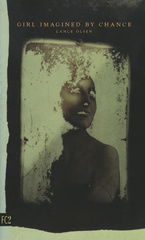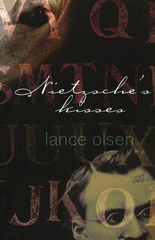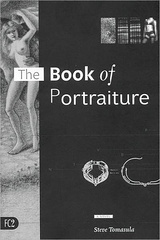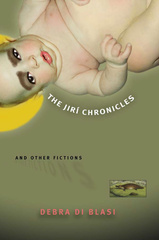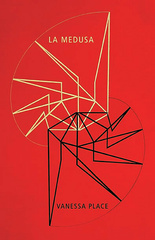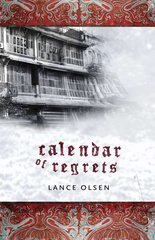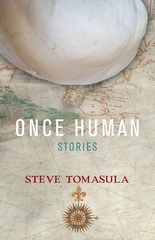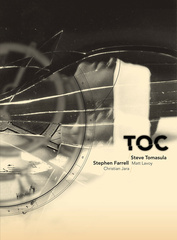A visually stunning narrative of three eras in humankind’s vexed relationship with nature
Ascension is a novel about the end of nature, or rather, the end of three “natures”: the time just before Darwin changed the natural world; the 1980s, just as the digital and genetic revolutions begin to replace “nature” with “environment”; and today, a time when we have the ability to manipulate nature at both the scale of the planet and at the genome. The narrative follows three different biologists on the brink of each of these cultural extinctions to explore how nature occupies our imaginations and how our imaginations bring the natural world, and our place in it, into existence.
Ascension is a story of how we continually remake the world and are in turn remade by the new nature we’ve created. It is the story of humans yearning to understand their families, themselves, and the world they live in as it comes to a close, leaving them to anticipate what will follow. Rich in visual depictions of the natural world—from nineteenth century engraving and paintings to twentieth century photography and twenty-first century databases—Ascension uses the materials of three eras to drive home our inability to escape nature, and the ways our fates are irrevocably bound together even as our actions usher in an end-time.
Ascension is a novel about the end of nature, or rather, the end of three “natures”: the time just before Darwin changed the natural world; the 1980s, just as the digital and genetic revolutions begin to replace “nature” with “environment”; and today, a time when we have the ability to manipulate nature at both the scale of the planet and at the genome. The narrative follows three different biologists on the brink of each of these cultural extinctions to explore how nature occupies our imaginations and how our imaginations bring the natural world, and our place in it, into existence.
Ascension is a story of how we continually remake the world and are in turn remade by the new nature we’ve created. It is the story of humans yearning to understand their families, themselves, and the world they live in as it comes to a close, leaving them to anticipate what will follow. Rich in visual depictions of the natural world—from nineteenth century engraving and paintings to twentieth century photography and twenty-first century databases—Ascension uses the materials of three eras to drive home our inability to escape nature, and the ways our fates are irrevocably bound together even as our actions usher in an end-time.
In this epic-scale novel, Steve Tomasula uses multiple modalities and media formats to track the course of ecological impacts and change. From illustrations of contact encounters, to a movie script, to elaborate aerial views and data visualizations, Tomasula demonstrates his unique capacity to engage with technologies of knowledge in constructing his provocative narrative. As always in his projects, the result is a striking work of combined intellectual and creative force. He makes vividly evident the terrifying reality of our current dystopia as we careen towards disaster—starting with the epigraph ‘it did not have to happen this way.’’
—Johanna Drucker, author of Iliazd: A Meta-Biography of a Modernist
‘Steve Tomasula has opened up a lyric atmospheric experience for readers across time and space, playfully, beautifully, and sometimes frighteningly staged upon the page. In Ascension, the interplay between the human longing to understand who we are and our unstoppable will to pursue knowledge all of our creations and destructions are laid bare. What an epic story across three epochs of being and knowing—from Darwin to the digital revolution to the present tense. Breathtaking.’
—Lidia Yuknavitch, author of Thrust: A Novel
Tackling the catastrophes of colonization, digitization, and encroaching extinction, what history feels like at a scale where homo sapiens become the size of stray thoughts, Ascension is both a brilliant contemplation of just how wrong we’ve become, how poorly we’ve read the text of our planet and ourselves, and a keen exploration into how we represent these unimaginables through our culturally-inflected imaginations. Rich with vast research, thought, illumination, every page a unique visual space, Ascension is, like all Steve Tomasula’s work, a mind-boggling report sent back from the library of the future. ‘
—Lance Olsen, author of Skin Elegies and My Red Heaven
Steve Tomasula is the author of Once Human: Stories, and the novels IN & OZ, The Book of Portraiture, TOC: A New-Media Novel, and VAS: An Opera in Flatland. He is the editor of Conceptualisms: The Anthology of Prose, Poetry, Visual, Found, E- & Hybrid Writing as Contemporary Art. His essays on literature and art have also appeared widely. He lives in Chicago and at www.stevetomasula.com.



